- Vox Pop: The future of youth in Arakan Army controlled areas
- Arakan Army bans illegal two-digit and three-digit lottery gambling in Arakan State
- Indiscriminate plastic waste disposal poses environmental risks in Arakan State
- Mitragyna speciosa leaves fetch K200,000 per viss in Arakan State
- MDSI calls for stronger civilian protection as junta alters airstrike tactics
WFP launches "REACH" program amid junta-induced hunger crisis in Myanmar
The World Food Programme (WFP) and the Republic of Korea announced on September 5 the launch of an emergency aid initiative called "REACH", targeting families in Myanmar suffering from severe hunger and displacement.
05 Sep 2025
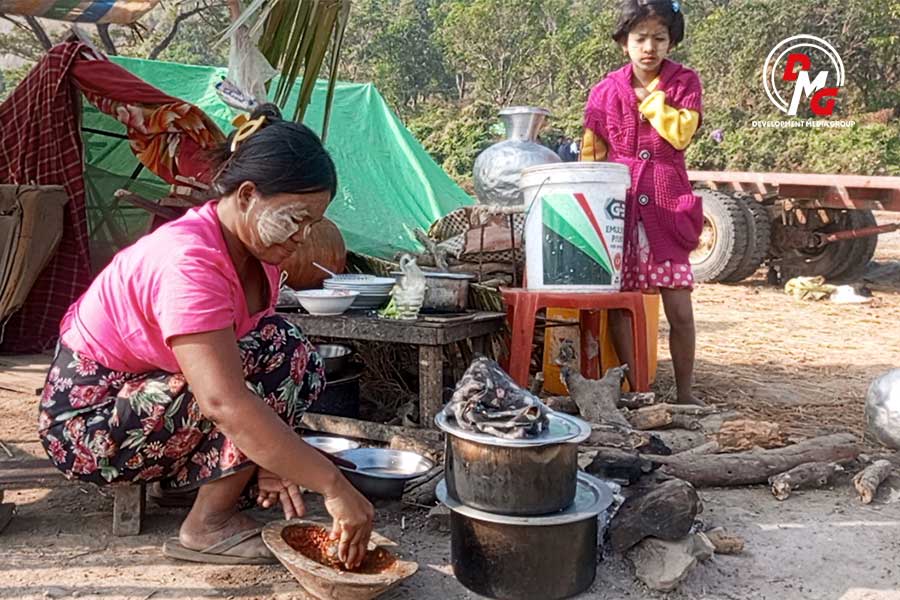
DMG Newsroom
5 September 2025, Sittwe
The World Food Programme (WFP) and the Republic of Korea announced on September 5 the launch of an emergency aid initiative called "REACH", targeting families in Myanmar suffering from severe hunger and displacement.
The program, described as a first step toward emergency assistance, will support people uprooted by armed conflict and those further devastated by recent earthquakes. However, behind these humanitarian needs lies a deeper political reality: the military junta's war against its own population has driven food insecurity to crisis levels across the country.
Backed by a US$10 million contribution from South Korea, WFP will channel funds to the regions worst affected by both natural disasters and the junta's scorched-earth campaigns. Aid will focus on 24,000 children - including pregnant women and breastfeeding mothers - with nutrition and medical support to counter acute malnutrition.
"Through this support, we hope not only to meet urgent needs but also to help people sustain resilience and hope in the longer term," said Mr. Bae Byeongsoo, head of mission at the Embassy of the Republic of Korea in Myanmar.
While international aid is critical, the underlying driver of hunger in Myanmar remains the junta's militarized mismanagement. Since its February 2021 coup, the military regime has devastated the economy, obstructed humanitarian access, and targeted civilians with blockades and displacement strategies that weaponize food. The WFP noted that the average cost of basic food items has quadrupled since early 2021, pushing millions into destitution.
Myanmar has now become one of the five worst-affected countries worldwide for food insecurity. WFP data shows 16.7 million people - one in three citizens - face inadequate food access, up sharply from 13.3 million in 2024. Of this number, 2.8 million people are in emergency conditions, struggling daily just to secure one meal.
Earlier this year, in April 2025, WFP was forced to cut rations for one million people due to funding shortfalls. The suspension exposed how international donors are overstretched, but it also highlighted how the junta's restrictions and relentless warfare continue to magnify the humanitarian crisis.
"It is good that WFP is once again stepping in to provide support," said a humanitarian worker in Rakhine State. "But the reality is that across the country, many communities are deliberately starved by the junta's blockades and attacks. We hope aid will truly reach those who need it most."
Since seizing power, the military has displaced millions, driving them from their homes with artillery fire, airstrikes, and scorched-earth tactics. Hunger in Myanmar is not simply the result of poverty or natural disasters - it is a manufactured crisis, intensified by a regime that uses food insecurity as a weapon of war.




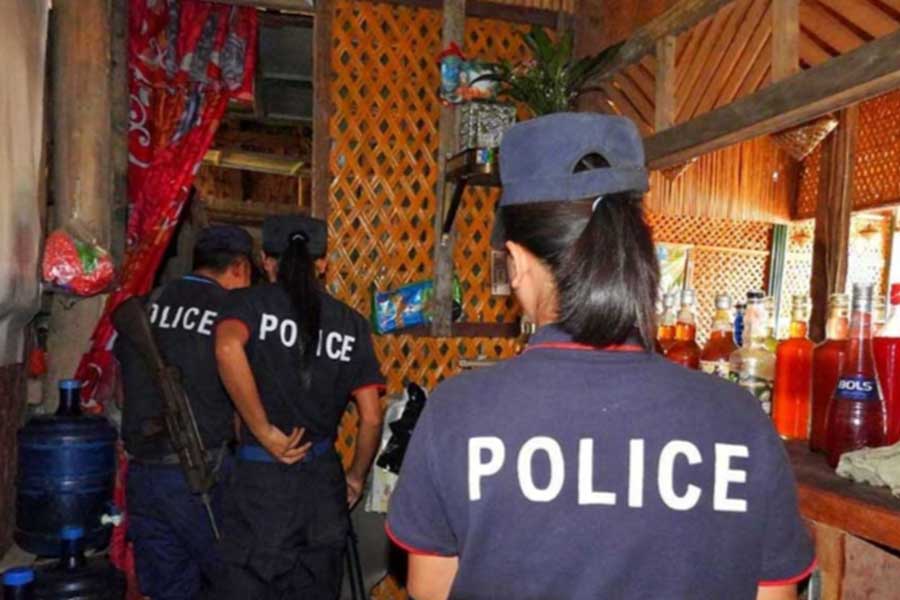
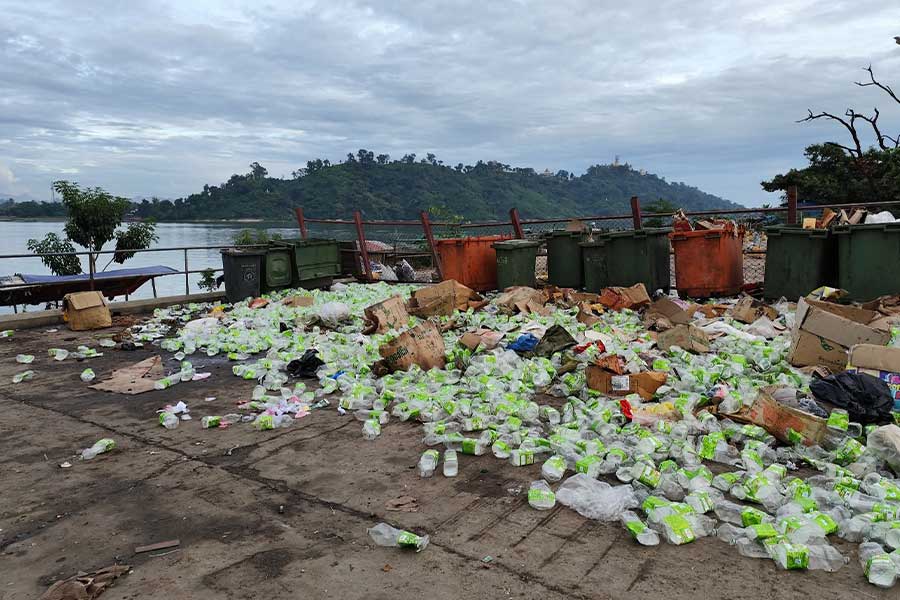
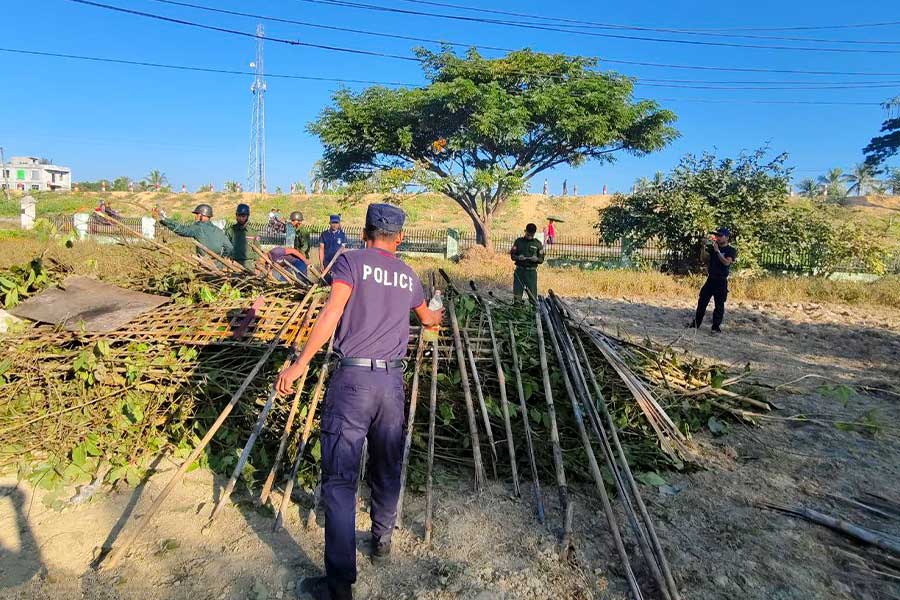

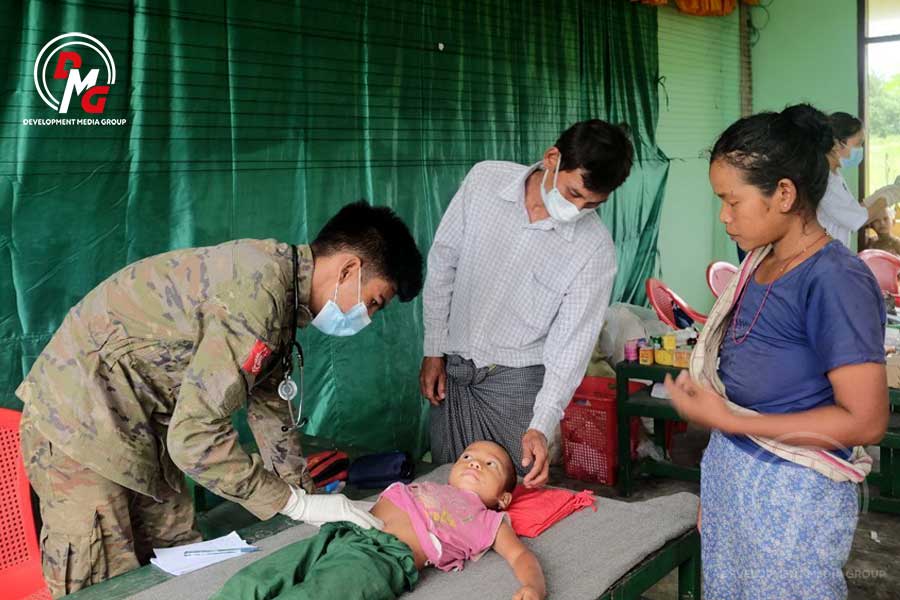






.jpg)

